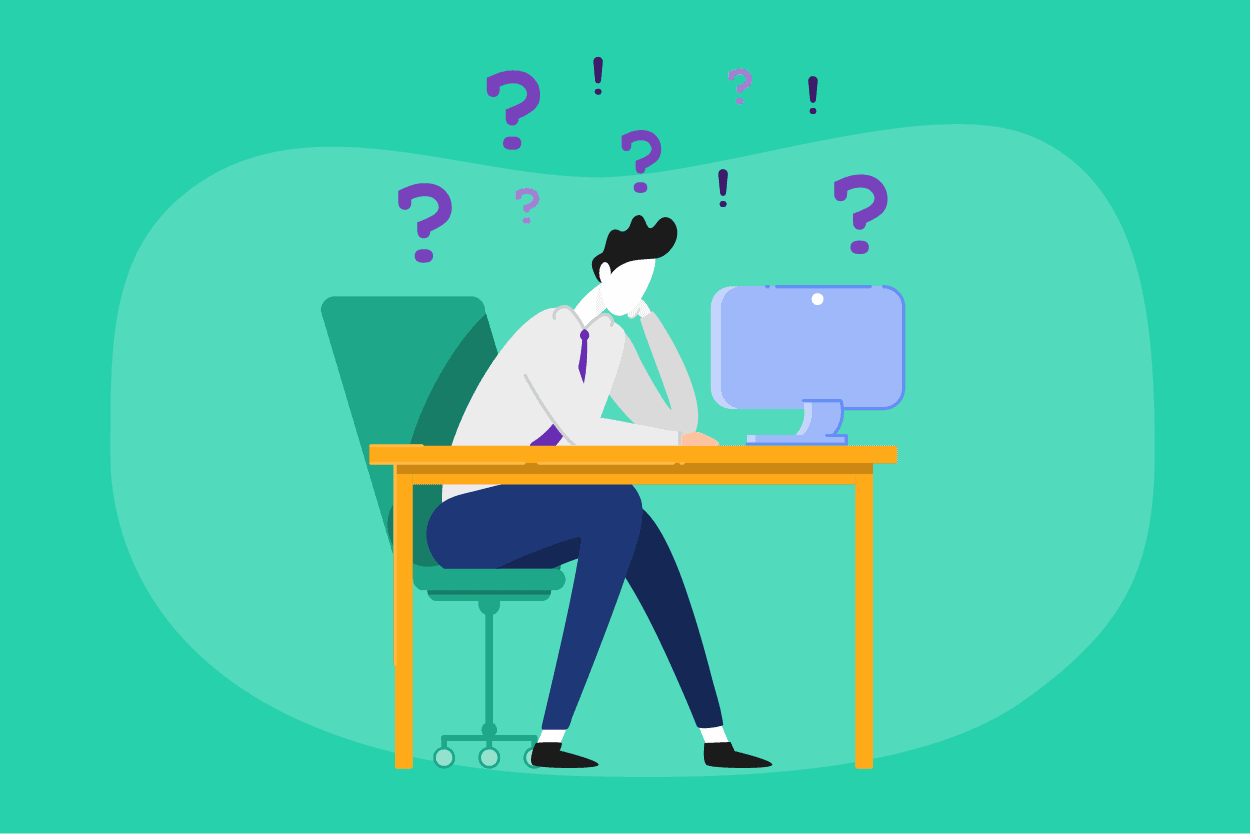The First Step in Handling Employee Substance Abuse
In the years since I began opening up about my own family’s struggle with substance abuse, I’ve found that nearly everyone I know has a similar...
Connected Navigation Platform
Guiding to high-value care
Behavioral Health
Foster a mentally healthy workplace
EAP
Supporting holistic wellbeing
Virtual MSK Care
Reimagining musculoskeletal care
Virtual Primary Care
Powered by smart navigation
Surgery Centers of Excellence
Best-in-class surgical outcomes
Virtual Urgent Care
Immediate care, any hour of the day
Chronic Care
A new approach to chronic care
Integrations
Flexible to any strategy

More than ever, workplace mental health is losing its taboo. Even as workplaces reopen and vaccines make our favorite activities a possibility again, we’re sharing the feeling of languishing and acknowledging our collective grief. Employers have renewed focus on workplace mental health support, from covering the cost of individual counseling to encouraging “mental health days.” Yet workers are still suffering: a Kaiser Family Foundation household pulse survey found that 4 in 10 adults reported symptoms of anxiety or depression during the pandemic.
One roadblock may be that employees don’t want or don’t know how to access counseling support. When employees go it alone, mental health struggles show up in absenteeism and lower productivity. As an HR professional, you might wonder: how can counseling help employees cope? Short-term counseling solutions are one answer, with none of the intimidation factor or cost of long-term therapy.
Let’s dig into how short-term therapy resources can boost employee wellness.
Short-term counseling is sometimes called brief counseling or brief therapy. It’s usually defined as a period of therapy spanning 12 sessions or less.
Here’s how short-term counseling and long-term therapy are different:
Short-term counseling addresses problems like depression, anxiety, grief, stress, relationship issues, and substance use disorders. It’s especially important as employers place renewed focus on addressing mental health in the workplace. Mental stress from legal problems, a job transition, or financial concerns can also lessen with short-term therapy.
Let’s say an employee is struggling with grief after the death of a parent. They don’t feel comfortable talking to coworkers, and they’re unsure how to reach out for help.
When employees struggle with mental and emotional stress, they’re more likely to miss work and be less productive. One report estimates that depression and anxiety add up to a loss of $1 trillion in productivity per year—and that report came before the pandemic. These factors cost the company money, but they also impact workplace dynamics. This employee’s coworkers might notice they’re distracted, irritable, and accomplishing less of their share of the work. Short-term counseling could help this employee heal, with positive benefits at work and home.
Most of us think of “seeing a therapist” as an endless journey. Short-term counseling is a cheaper option, but it may also work better than long-term therapy.
For one thing, more counseling doesn’t equal more results. In one 2006 study, participants showed reliable and clinically significant improvement of 88% after just one session. The rate of improvement lowered to 62% after 12 sessions. People tend to stop going to therapy, the researchers guessed, after achieving “good enough” results. These positive changes seem to show up in the workplace, too. In a study of one short-term counseling program, participants reported improvements in absenteeism, presenteeism, and alcohol use after just 30 days. In the same program, 69.4% went from low or moderate productivity to high productivity during that period.
A few more reasons employees might prefer short-term counseling:
How can you quickly introduce a short-term counseling benefit to your workplace?
Short-term counseling is a cornerstone feature of the Employee Assistance Program (EAP). Most EAP’s include counseling and legal and financial support to help employees navigate challenging life events. A majority of U.S. employers already offer this benefit, enabling employees to cope with any stressor that negatively impacts their performance at work.
It’s easy to see why short-term counseling is a natural fit for EAP programs: acute stressors like relationships, grief, financial concerns, or legal troubles are painful and disruptive, and a brief therapy program can provide significant relief.
HealthJoy’s integrated EAP offers short-term, confidential, professional counseling as well as expert referrals to address a wide array of personal and work-related concerns.
Individual counseling is valuable because it helps employees get back to their lives. Still, the results are also measurable: one study reported a savings of $116 per employee in healthcare-related costs after implementing an EAP.
Of course, short-term counseling won’t always be the best solution, in the workplace or outside it. Long-term therapy seems to be more effective for mental illness and severe psychiatric disorders. Complex mental disorders or personality disorders may require a few years of therapy instead of a few short counseling sessions. The same is true with any kind of trauma or abuse.
Some mental health professionals argue that short-term counseling saves insurance providers money at the expense of results. Research supports the short-term counseling model, but it’s essential to seek out licensed therapists who can help clients decide what’s best for them.
Employers who wish to offer support for long-term psychotherapy can consider a behavioral health program. For more on the difference between behavioral health and other mental health benefits, see “Behavioral Health, Teletherapy, and EAP: What’s the Difference?”
Short-term counseling can provide coping skills for some of life’s universal challenges, from grief and relationship stress to depression and anxiety. Since it’s rooted in solutions, it helps employees get out the door and back to their lives faster than long-term therapy, all at a lower cost.
This type of counseling benefits the workplace, too. The same stressors that drive employees to seek therapy can chip away at employee productivity. Most EAPs offer free, short-term counseling benefits to employees, making them a natural place to start when looking for a way to support employees. Promoting your EAP’s resources and encouraging employees to learn more about this benefit may help them address the mental health issues you can’t see. In short, with the help of a short-term therapy resource, you’ll boost employee wellness and workplace culture, too.
This post was originally published in Sept. 2019 and was updated in May 2022.
In the years since I began opening up about my own family’s struggle with substance abuse, I’ve found that nearly everyone I know has a similar...

We’re approaching 2021 open enrollment under a cloud of mental health concerns. Employees are struggling like never before, and it might feel like...